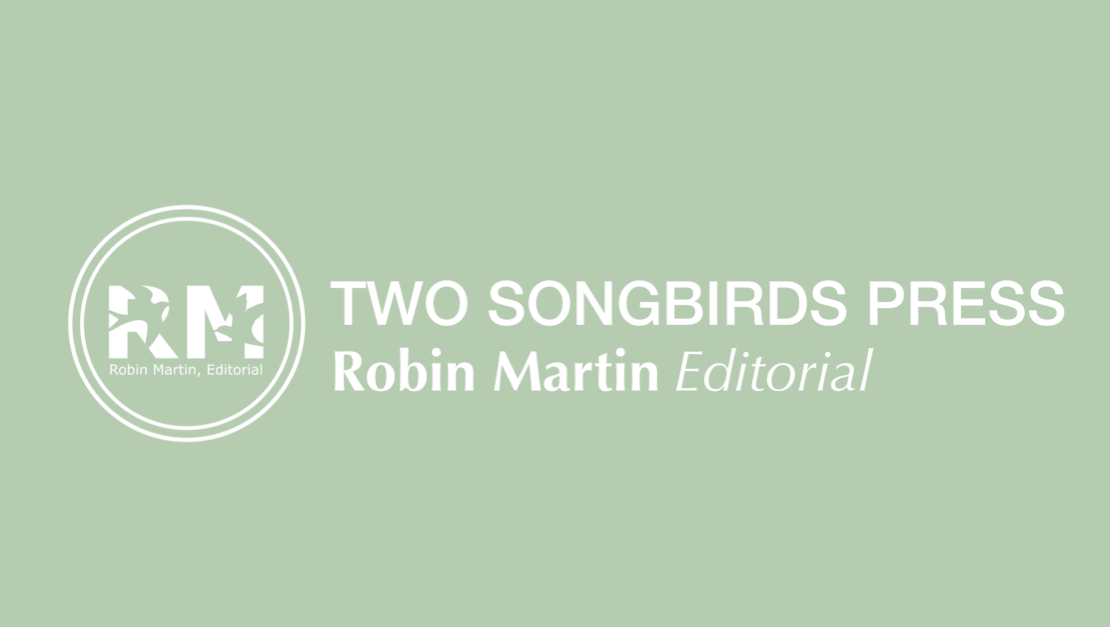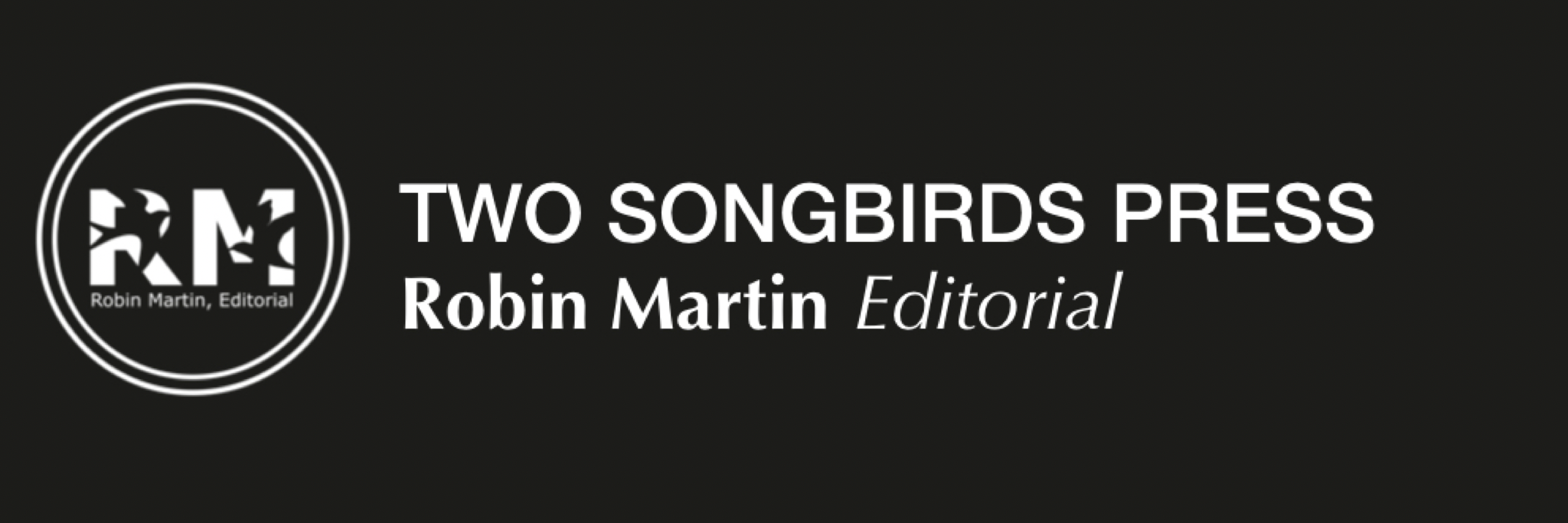- April 18, 2011
- Robin Martin
- No Comments

The March/April Issue of Poets & Writers Magazine includes a piece by Eileen Pollack, the director of the MFA program at the University of Michigan and author of the upcoming novel Breaking and Entering (Four Way Books, 2012). Titled “Track Changes: Ditto Machines to Digital Literature,” the piece tracks the technological changes of the past 50 years on the way writers write.
She tracks these changes with an air of nostalgia, but without a hint of an old-fogey’s bitterness. She does make astute observations and a clear expression of real concern. She writes:
I worry about the ways in which technology has changed not only the way we write, but also what we write, and how we think about what we have written, and what we do with what we have written after we have finished writing it. By eliminating the discrete physical activities that used to be required to research, draft, edit, print, copy, publish and market a novel, the digital revolution has created a seamless link between producing a book and selling it.
She is really right on about the juxtaposing of writing and marketing. Even I as a publishing consultant am guilty of advising my clients to set up their author website, start building a fan base, consider reading an excerpt from the as of yet unpolished (but strong) novel for a MP3 player, all in an effort to begin building that all mighty platform.
‘Ugh,’ you thought. ‘Setting up a Web site called www.myveryownname.com is such a crass, self-aggrandizing, commercial thing to do!’ But then you became afraid that if you didn’t set up a Web site, you might get left behind. Didn’t most of your writer friends already have Web sites? Who were you to be a snob?
She goes on to comment, again astutely, on blogging, Facebook and friending people you can’t stand “because if you ever did sell your book, you would be able to direct your six or seven hundred ‘friends’ to click on your Amazon link to buy it.”
Pollack manages to critique these actions gently, not accusing anyone of selling out or corrupting the process. But, while reading her piece, you can’t help but feel a little bit sad about the way its gone. She says, for better or worse, the process has changed, and she illustrates this statement with a few chuckles:
The marketing executives at most publishing houses won’t let an editor acquire a manuscript unless its author demonstrates the ability to cultivate fans on his Web site and to write, produce, and star in a trailer that is catchy enough to go viral on YouTube.
From my time working with Andrea Hurst Literary Management, and talking with my contacts in the business, perhaps the more cynical ones, I know that while this may be funny, all the good jokes are based on the truth.



